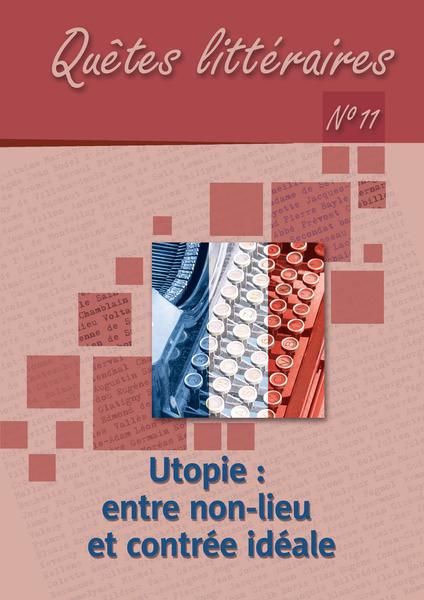La trop fragile utopie de L’Astrée : une variation du pot de terre contre le pot de fer
The too weak utopia of L’Astrée: a variation on the earthen vs. iron pot theme
Author(s): Pauline PhilippsSubject(s): Politics / Political Sciences, Social Sciences, Language and Literature Studies, Literary Texts, Studies of Literature, French Literature, Philology, Theory of Literature
Published by: Katolicki Uniwersytet Lubelski Jana Pawła II, Instytut Filologii Romańskiej & Wydawnictwo Werset
Keywords: utopia; pastoral literature; reality; violence; destruction; Honoré d’Urfé
Summary/Abstract: When in the 16th century multiple texts present utopian societies, Urfé adapts this theme for a pastoral universe in L’Astrée. However, instead of proving its superiority, he demonstrates the inherent weakness of every utopian project: what could any utopia be good for if it is incapable of long withstanding the assaults of reality? The ideal society presented at the beginning of the novel grows weaker with every new chapter, and is finally destroyed. Between denunciation of utopia as a genre and a paternal consideration of the characters doomed to suffer as a result of meeting the outside world, L’Astrée shows how the most beautiful of the earthen pots inevitably crashes against the iron pot of reality. The novel depicts the beauty of this crash.
Journal: Quêtes littéraires
- Issue Year: 2021
- Issue No: 11
- Page Range: 38-47
- Page Count: 10
- Language: French

